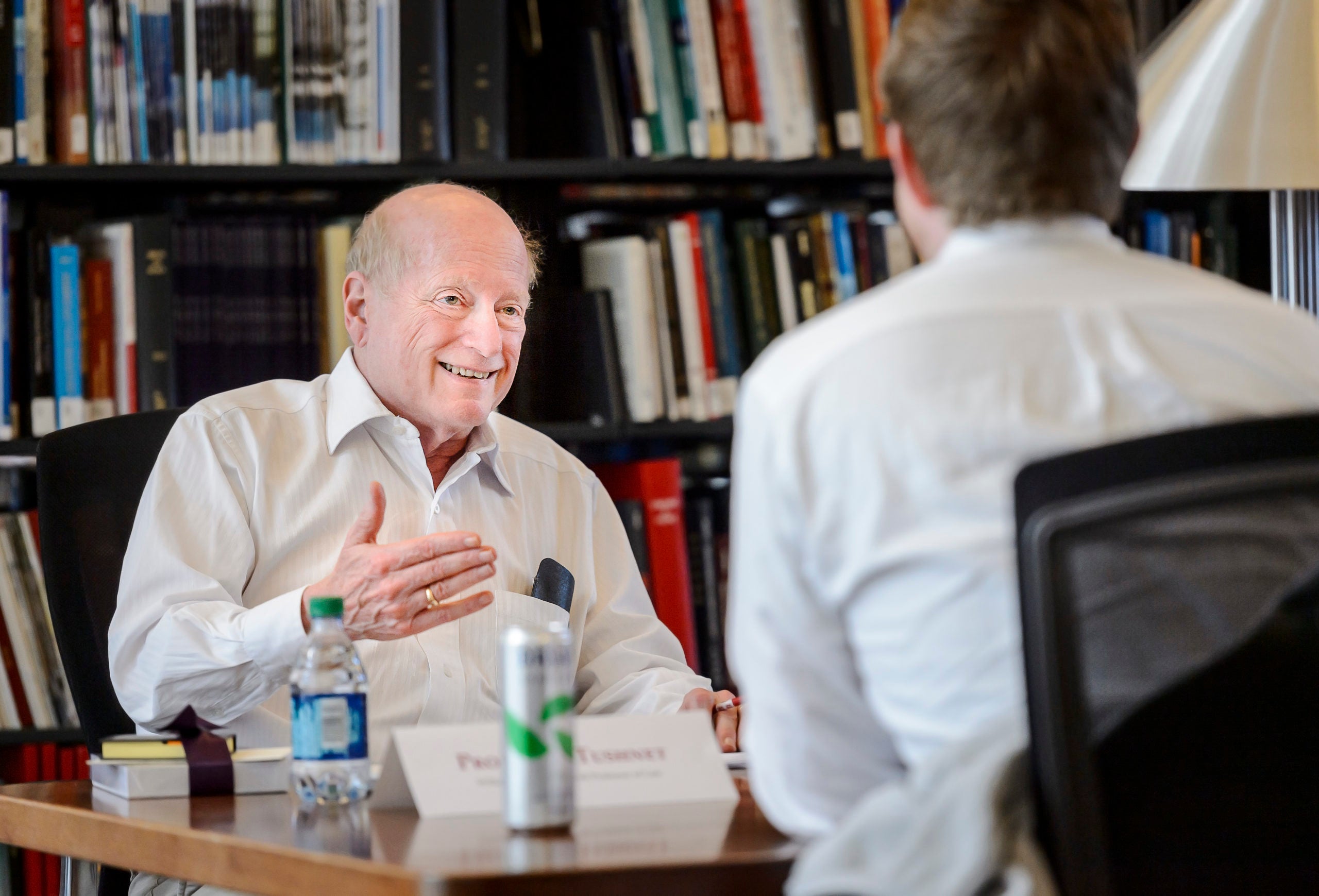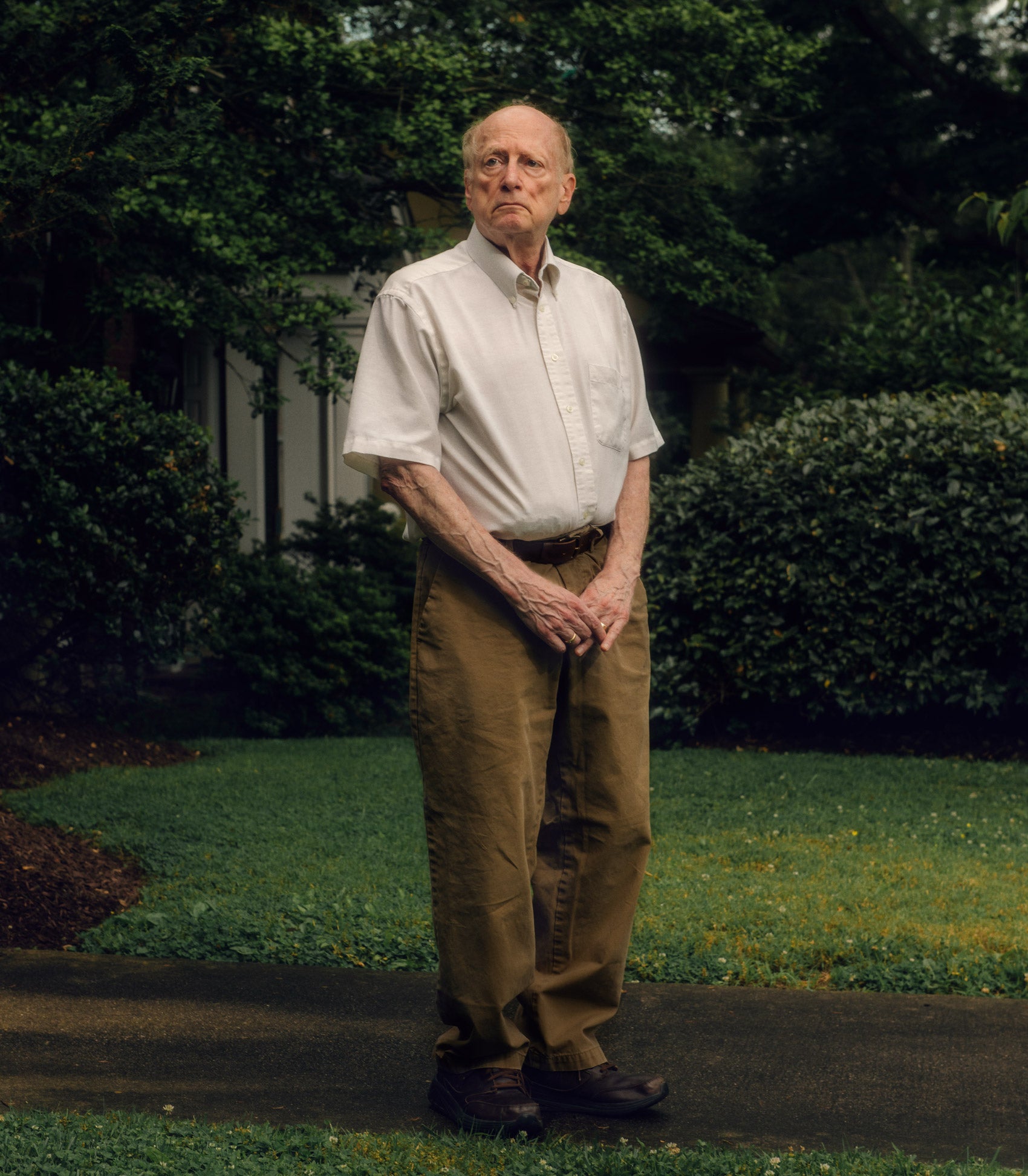Harvard Law School Professor Mark Tushnet is the rare scholar who has made huge contributions to a number of different fields. He was an active participant in the Critical Legal Studies movement of the 1980s; he has been a leading contributor to both academic and public debates on the U.S. Constitution; and he is one of the founders—along with HLS colleague Vicki Jackson, the Laurence H. Tribe Professor of Constitutional Law—of the modern field of comparative constitutional law. And inevitably, he has been able to connect these fields and ways of thinking about law and constitutional government, as few other scholars have been willing or able to do.
Our own experience of Mark has been as a comparative constitutional scholar, and mentor in the field. For one of us (Dixon), this began when Mark sat on her S.J.D. defense committee at Harvard; for the other (Landau), it began when Mark served as a formal mentor in the HLS Climenko program. But ever since, he has been an invaluable sounding board on all manner of things comparative constitutional: He has read almost everything we have written, provided incisive yet constructive criticism and given invaluable guidance on the direction of our careers. We know countless former HLS students of his and comparative colleagues who have had the same experience: He is undoubtedly one of the most generous readers of colleagues’ work anywhere in the world.
Mark has used comparative constitutional law to unsettle what we think defines a legitimate or well-functioning constitutional system.
More than anything, however, Mark has served as a model for us and other scholars of our generation—U.S.-trained constitutionalists with a strong interest in the law-politics relationship and a comparative interest and bent—for how to do comparative constitutional law.
Mark has made important contributions to nearly every area of the field. To give readers a sense of his prolific contributions just to comparative constitutional law, he is a leading contributor to the forms of judicial review, to the interpretation and structure of rights via proportionality and horizontality, to the enforcement of socioeconomic rights, to theories of constituent power and constitutional change, to the varieties of constitutionalism, including nondemocratic constitutionalism, and to comparative methodology, among other areas! He currently has an important ongoing project on independent accountability institutions. His casebook with Vicki Jackson is a standard reference point for all scholars, and emblematic of his influence. But more than anything, his work has helped lend credibility to the field, helped to grow it and to make it mainstream.
What is striking about so much of his work is how he connects comparative constitutional law to constitutional politics—and the insights of the Critical Legal Studies movement. One of the overarching ideas in Mark’s work is that we should think more about finding political solutions, and less about legal solutions, to the constitutional problems we face. We should be more skeptical of courts, and of constitutional design more generally. Related to that is a second point: We should be a lot less secure in the normative presuppositions we’re making about what a legal order should look like.

In important ways, these points are also deeply comparative; Mark has used comparative constitutional law to unsettle what we think defines a legitimate or well-functioning constitutional system, or to show that things we think are inevitable in reality are not.
His well-known project on “weak-form review” is a great example. In a terrific book and several articles, he looks at countries such as Britain and Canada, where the legislature and executive can reject constitutional rulings by the judiciary, or contexts such as South Africa, where the judiciary often issues remedies that defer to political actors. Mark argues that as compared with “strong-form” judicial interpretations and remedies we are more familiar with from the United States, this “weak-form review” may do a better job of squaring rights-enforcement with politics and democratic deliberation. These ideas have been especially influential for both of us, expanding the way we think about the enforcement of rights, especially new forms of rights like socioeconomic rights.
So too, in a very different way, these concerns are the motivations for Mark’s current project on independent accountability institutions such as ombudspersons and anti-corruption commissions, which in some sense he conceptualizes as alternatives to courts for dealing with areas where democracy might be expected not to work well, or at least not to self-police. The core idea is that you create other institutions, with some independence, but perhaps less independence than you give courts.
The use of comparative analysis to express skepticism about judicial power, constitutional design, and the status quo of liberal democracy, by opening up the range of possibilities, is squarely in the best traditions of comparativism, and it continues to be much needed.
At the same time, these concerns also reflect Mark’s experience and expertise in U.S. law. And they often read differently outside the U.S., since other systems have different ways of engaging with judicial power. One of us (Landau) remembers being in a judge’s chambers in the Constitutional Court in Bogota, where they were planning to invite Mark to an event. But then one of the clerks turned to Landau, momentarily alarmed, and asked, “But what about this book ‘Taking the Constitution Away from the Courts’?” The idea seemed too radical, indeed dangerous, for a system just beginning to establish judicial review.
The degree to which global audiences seek to situate Mark’s ideas with their own quite different legal contexts is a testament to the scope of Mark’s reach and his influence on the field. They may not want to “take the constitution away from the courts,” but they almost always want to consider what Mark’s ideas say about the scope and practice of judicial review—or, for that matter, federalism, constitutional change, or constitutional design—in their own systems.
Mark may be retiring from HLS, but it will be a long time before comparative scholars are willing to let him retire from the field—his voice is too generous, and too important and insightful, for us to miss out on.
Rosalind Dixon LL.M. ’04 S.J.D. ’08 is a professor at the University of New South Wales (Australia) Faculty of Law. David Landau ’04 is a professor at Florida State University College of Law.
***
